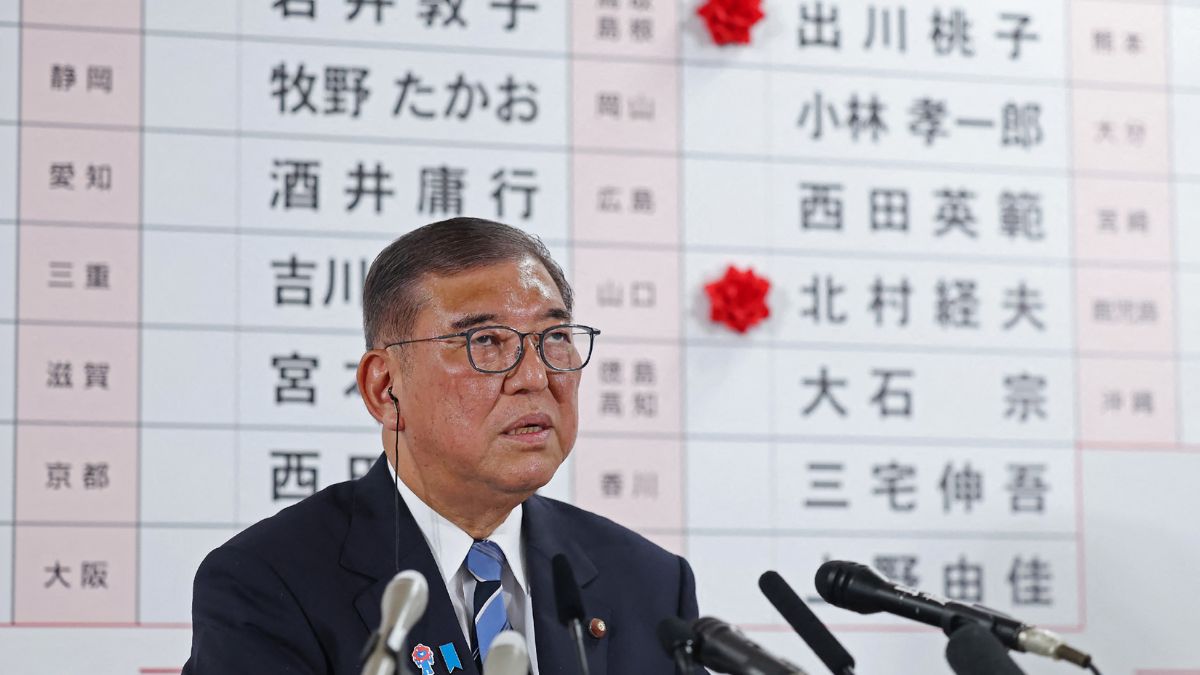Japanese Prime Minister Shigeru Ishiba’s ruling coalition has failed to win a majority in the 248-seat upper house, according to public broadcaster NHK, dealing a major blow to his leadership.
Ishiba’s Liberal Democratic Party (LDP) and its junior partner Komeito needed 50 additional seats to secure a majority, on top of the 75 they already held. With only two seats left to be declared, the coalition had managed just 46.
This defeat leaves Ishiba’s coalition in the minority in both houses of parliament, following its earlier loss in the lower house in October — marking the first time since the LDP’s founding in 1955 that it lacks control of both chambers.
Despite the setback, Ishiba vowed on Sunday to remain in office and address key issues such as U.S. tariff pressures. However, he now faces growing internal pressure to either step down or seek a new coalition partner.
Shigeru Ishiba’s ruling Liberal Democratic Party (LDP) and its coalition partner Komeito managed to secure just 47 seats in Japan’s upper house elections—falling short of the 50 needed to claim a majority in the 248-seat chamber, where half the seats were contested.
The setback compounds the coalition’s poor performance in the lower house elections last October, its worst in 15 years. The twin blows have left Ishiba’s government increasingly exposed to no-confidence motions and growing dissent within his party over the need for new leadership.
Reacting to the outcome on NHK after polls closed Sunday, Ishiba said he “solemnly” accepted the “harsh result.” Speaking later to TV Tokyo, he added, “We are engaged in critical tariff negotiations with the United States. Sabotaging them is not an option—we must commit all our efforts to securing Japan’s national interest.”
)